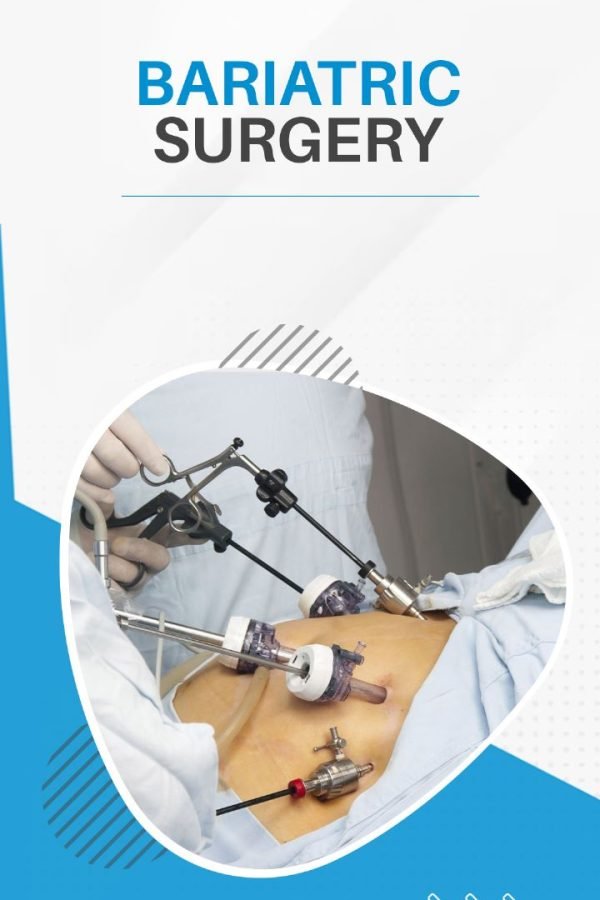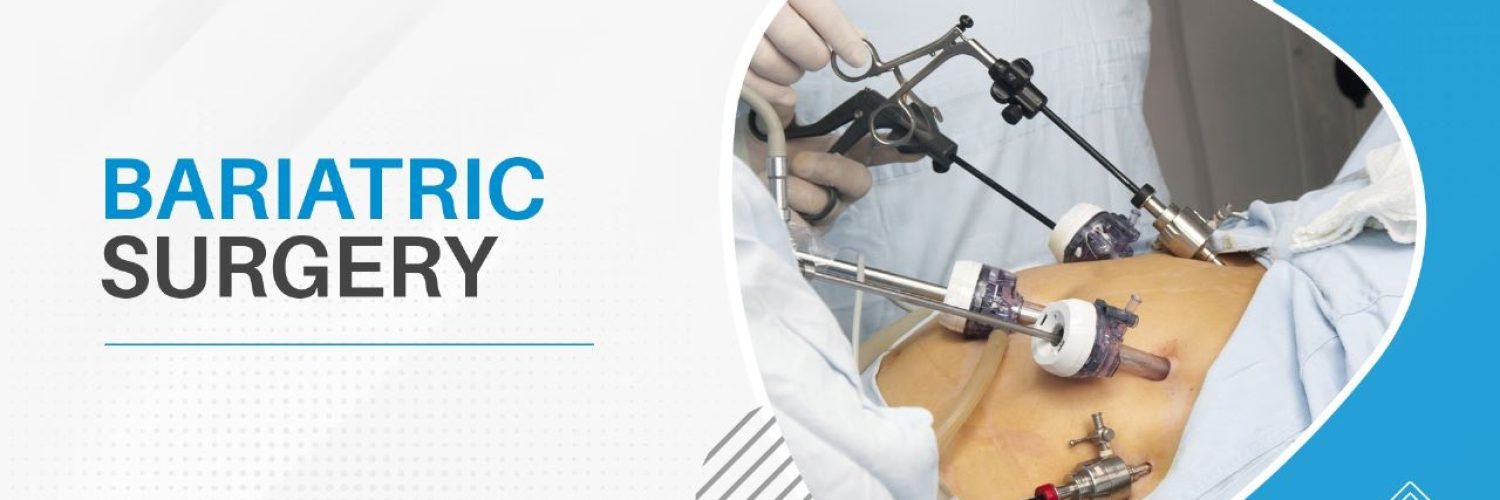- Anal Fissure Laser Surgery in Dombivli
- Appendix Treatment in Dombivli
- Bariatric Surgery in Dombivli
- Best Laparoscopic Surgeon in Dombivli
- Blogs
- Contact us
- Custom
- Dr Rahul Mahadar
- Dr. Dhanashree Mahadar
- Endoscopy Clinic in Dombivli
- Ent Surgeon in Dombivli
- Gallbladder Stone Treatment in Dombivli
- Gastrointestinal Surgeon in Dombivli
- Hernia Surgeon in Dombivli
- Home
- Laser Fistula Surgery in Dombivli
- Laser Piles Surgeon in Dombivli
- Services
- Specialities
- Testimonials
- Video


Obesity or Overweight problem is rapidly increasing in the society. It is one of the most neglected diseases in the world. Today, not only adults but also children are suffering from obesity problem. Obesity is a complex disease involving an excessive amount of body fat. As per the survey, Obesity in India has reached epidemic proportions in the 21st century and affecting around 5% of the country’s total population. Childhood obesity is becoming big challenge in India. Major causes of obesity are wrong eating habits, lack of physical activity, family history, eating too much, certain medicines, stress, pregnancy, lack of sleep and age.
Bariatric surgery or Obesity surgery plays a crucial role in reducing excess body weight. Bariatric surgery is one of the most advanced and effective weight loss surgical procedures. It is perform to lose excess body weight especially in obese people who have failed to achieve desired weight loss even after following strict diet plans and doing physical exercises. Bariatric surgery causes weight loss by reducing stomach’s storage capacity which limits food intake and helps obese person to feel full much sooner. Bariatric surgeries are performed by using minimally invasive technique (Laparoscopically) and general anesthesia is used for bariatric surgery.
- Type 2 diabetes
- High blood pressure
- Heart disease and strokes
- Certain types of cancer
- Sleep apnea
- Osteoarthritis
- Fatty liver disease
- Kidney disease
- Pregnancy problems
Bariatric surgery is done when diet and exercise are failed or when you have serious health problems because of your heavy weight. Major types of Bariatric Surgeries are:
- Gastric Bypass
- Sleeve Gastrectomy
- Laparoscopic Adjustable Gastric Banding (LAGB)
- Biliopancreatic Diversion with Duodenal Switch (BPD/DS)
- Gastric Bypass is one of the most common types of bariatric surgery. Many Bariatric Surgeons prefer Gastric Bypass Surgery because it has fewer complications than other weight-loss surgeries. It is considered the ‘gold standard’ of weight loss surgery.
- In Gastric Bypass surgery, small pouch from the stomach is created and this newly created pouch is directly connected to that small intestine.
After gastric bypass surgery, the swallowed food goes into this small pouch of stomach and then directly passes into the small intestine thereby bypassing most of stomach and the first section of small intestine.
- Sleeve Gastrectomy is also called as a Vertical Sleeve Gastrectomy.
- This procedure is typically performed laparoscopically which involves inserting small instruments through multiple small incisions in the upper abdomen.
- During Sleeve Gastrectomy about 80 percent of the stomach is removed thus leaving a tube-shaped stomach about the size and shape of a banana.
- In LAGB procedure, an inflatable band is placed around the upper portion of the stomach thereby creating a small stomach pouch above the band and the rest of the stomach below the band.
- Due to the smaller stomach pouch, eating just a small amount of food satisfy hunger and promote the feeling of fullness.
- In this way, LAGB surgery reduces hunger which finally helps the patients to decrease the amount of calories that are consumed.
- A Biliopancreatic Diversion with Duodenal Switch (BPD/DS) is a rare weight-loss procedure that entails two major steps.
- The first step is sleeve gastrectomy in which about 80 percent of the stomach is removed thereby leaving a smaller tube-shaped stomach similar to a banana.
- Second step is bypasses the majority of the intestine by connecting the end portion of the intestine to the duodenum near the stomach.
- A BPD/DS procedure limits how much you can eat and reduces the absorption of nutrients including proteins and fats.
- Biliopancreatic Diversion with Duodenal Switch (BPD/DS) procedure is generally recommended for obese people with a body mass index (BMI) greater than 50.
Bariatric surgery is an extremely beneficial in reducing the risk of various life threatening diseases. Major benefits of Bariatric surgery are:
- Decreases the Risk of Diabetes
- Reduces the risk of Heart Diseases
- Lowers the risk of Certain Cancer
- Improves Mobility
- Decreases Joint Bone Diseases
- Decreases Risk of Sleep Apnea
- Provides relief from Symptoms of Acid Reflux Disease (GERD)
- Improves Fertility
- Boost Mood by reducing the feeling of Depression
Precaution is always better than cure. There is also a risk of gaining weight even after undergoing weight loss surgery. Hence it is essential to take necessary precautions to get desired weight loss result.
Major precautions include:
- Patient should strictly follow doctor’s instruction.
- Patient should follow diet plans as per the doctor’s advice.
- Patient should strictly avoid unhealthy lifestyle habits.
- Performing physical activities regularly as instructed by the doctor.
- Visiting doctor for scheduled follow-ups.
Bariatric surgeries can provide long-term weight loss benefits. The amount of weight loss depends on the type of surgery and change in lifestyle habits. Bariatric surgery is a boon for obese people and helps in improving quality of life.

